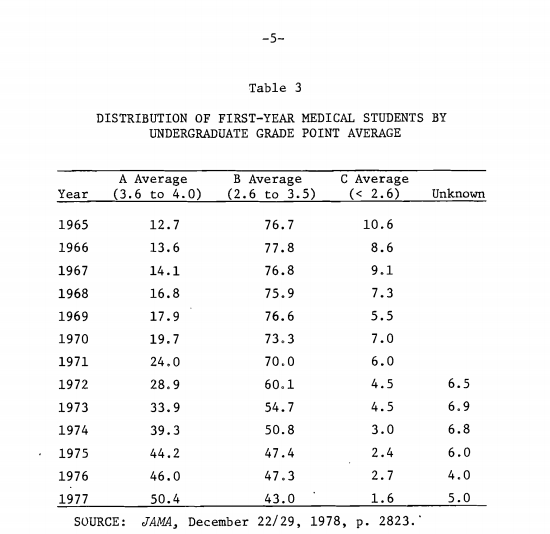Hello,
Ive been reading a bit online that due to obamacare as well as the general trend of doctors getting paid less, doctors will be earning less money and essentially wont be able to open a private practice past 2018 due to financial reasons. Any truth, any insights on this?
Thank you
Ive been reading a bit online that due to obamacare as well as the general trend of doctors getting paid less, doctors will be earning less money and essentially wont be able to open a private practice past 2018 due to financial reasons. Any truth, any insights on this?
Thank you


